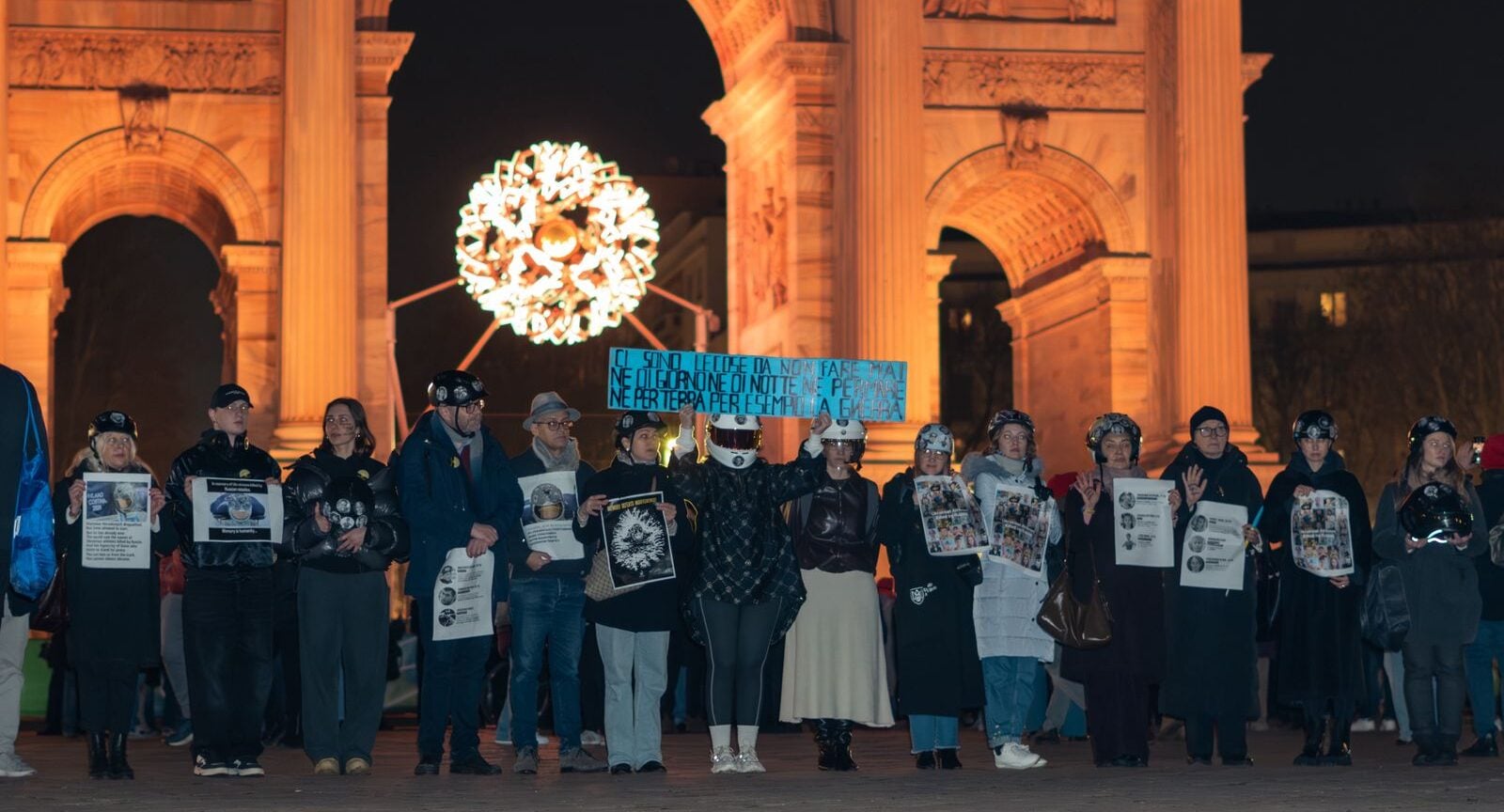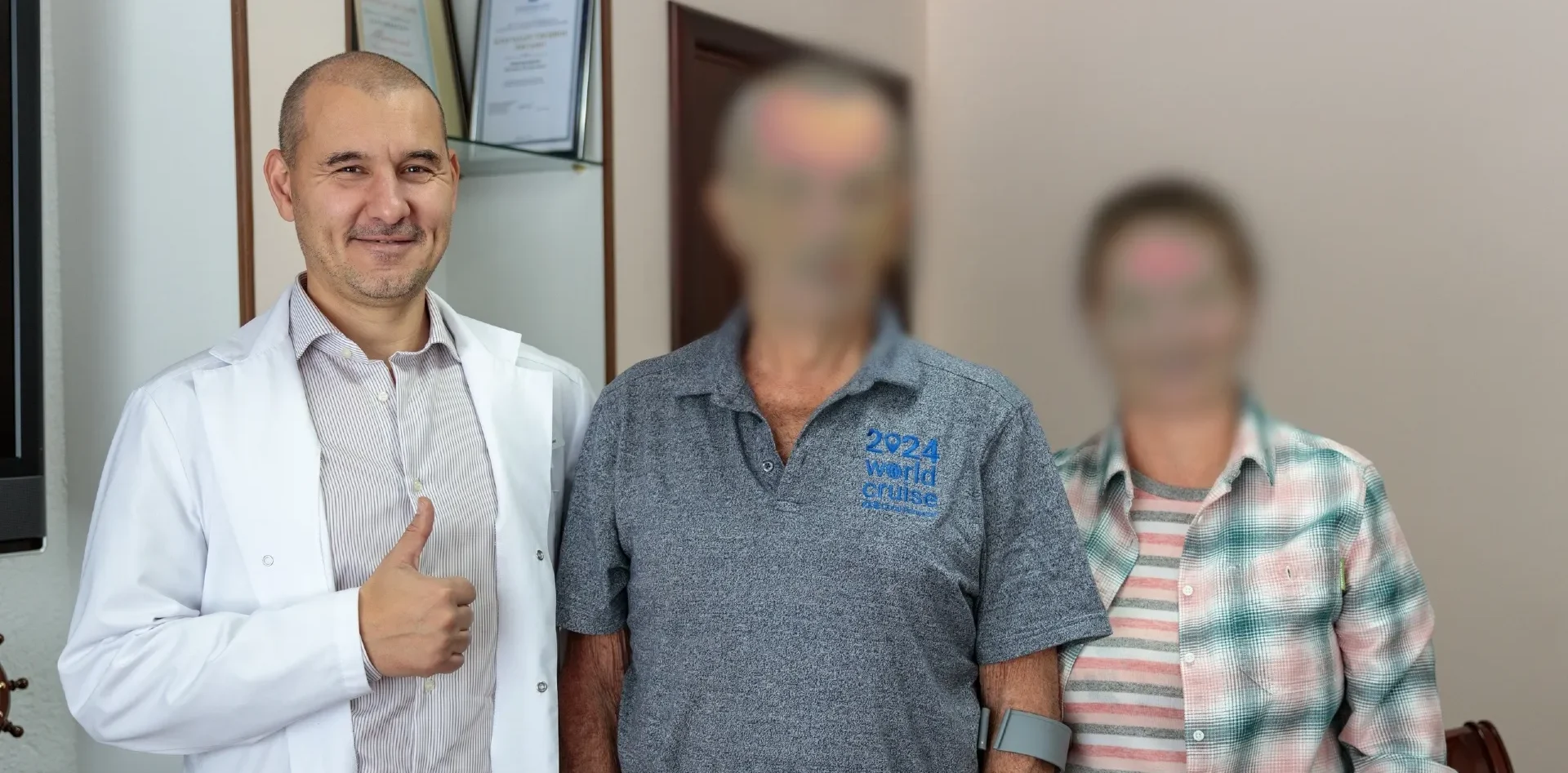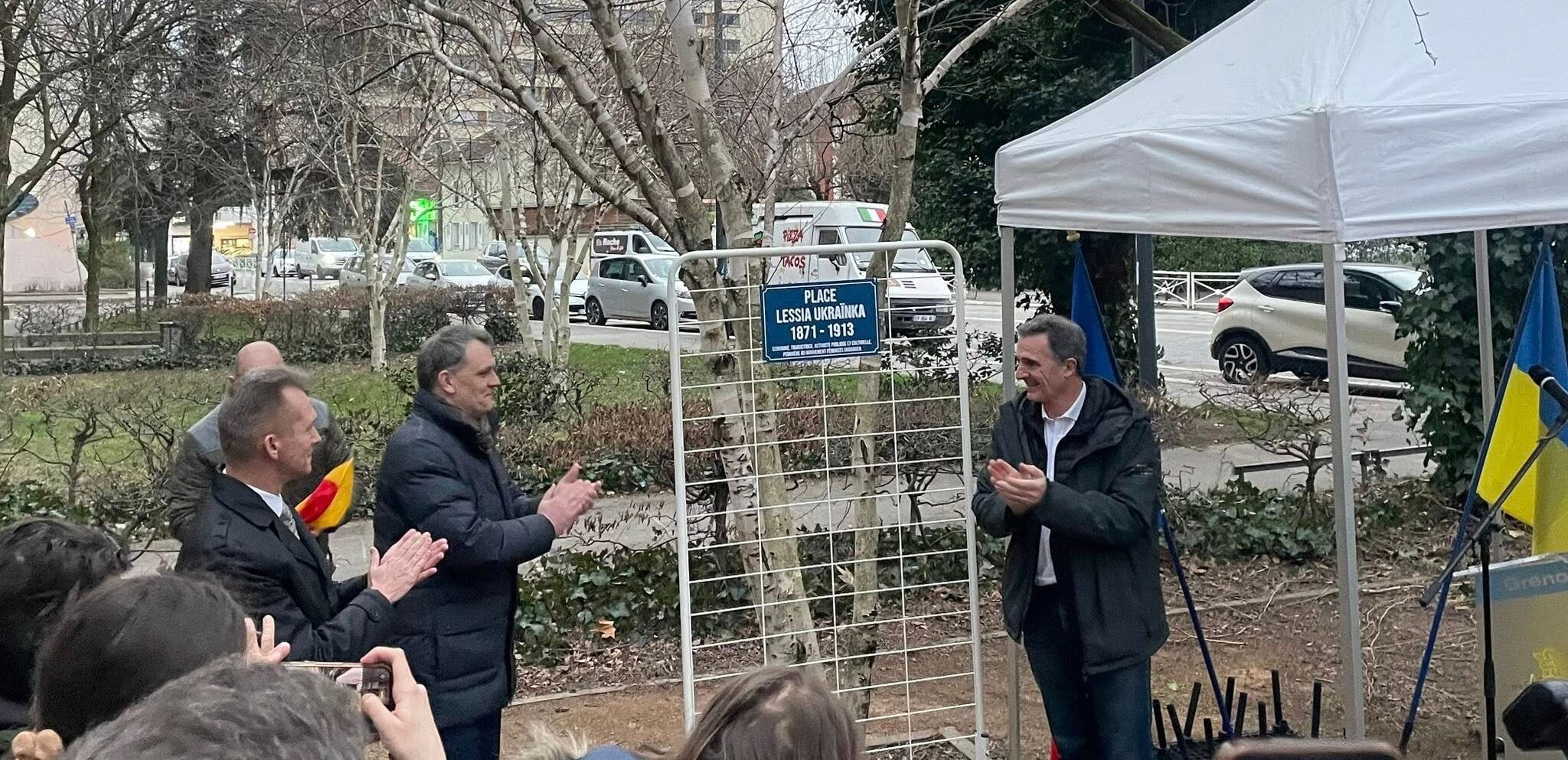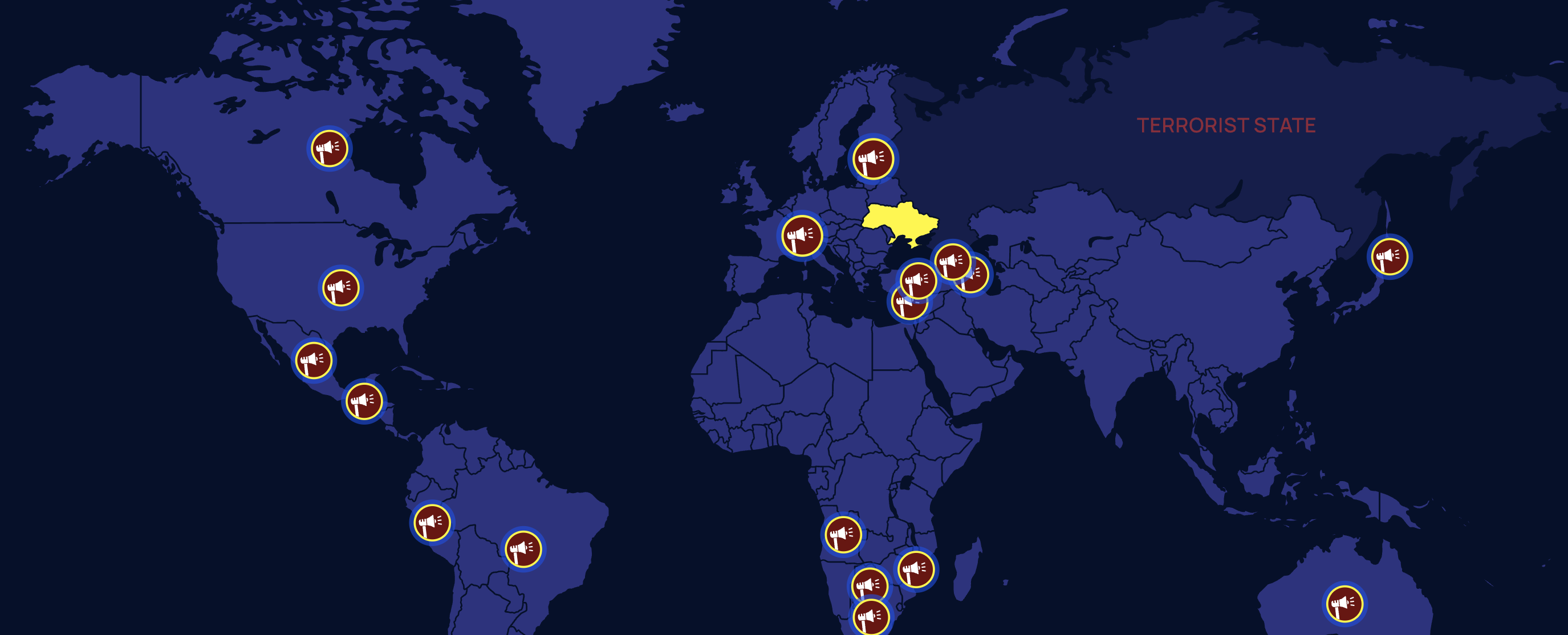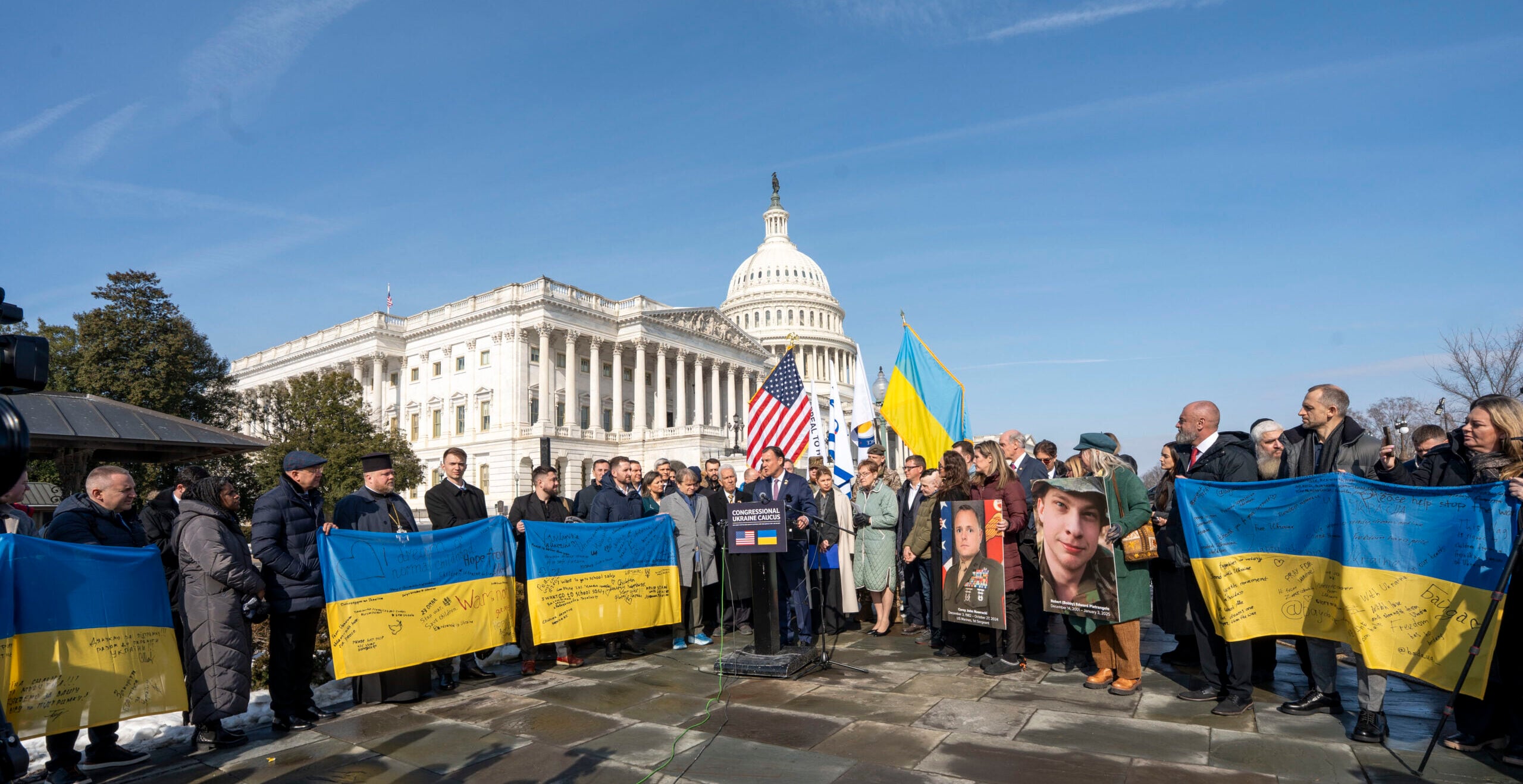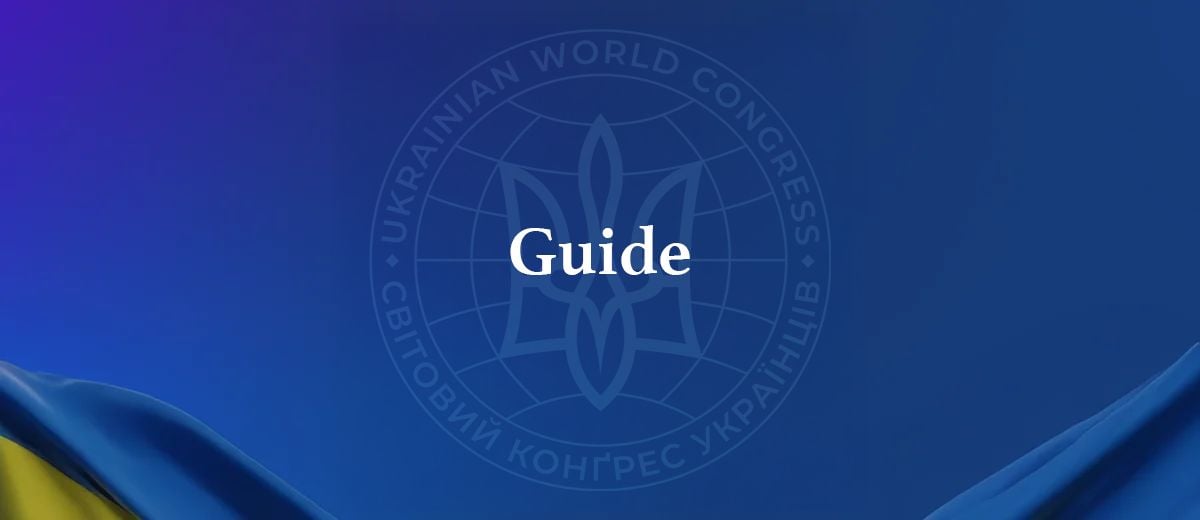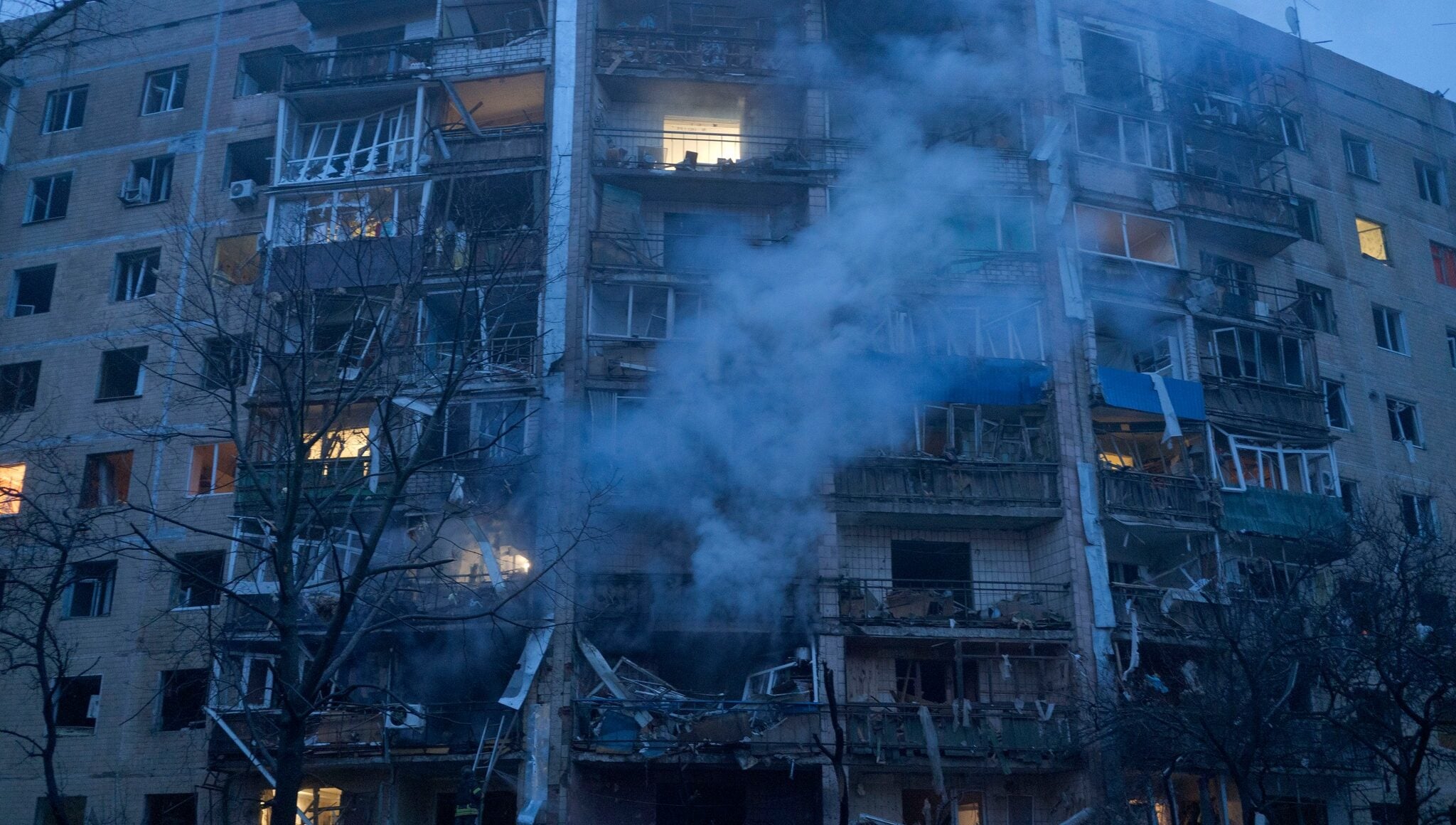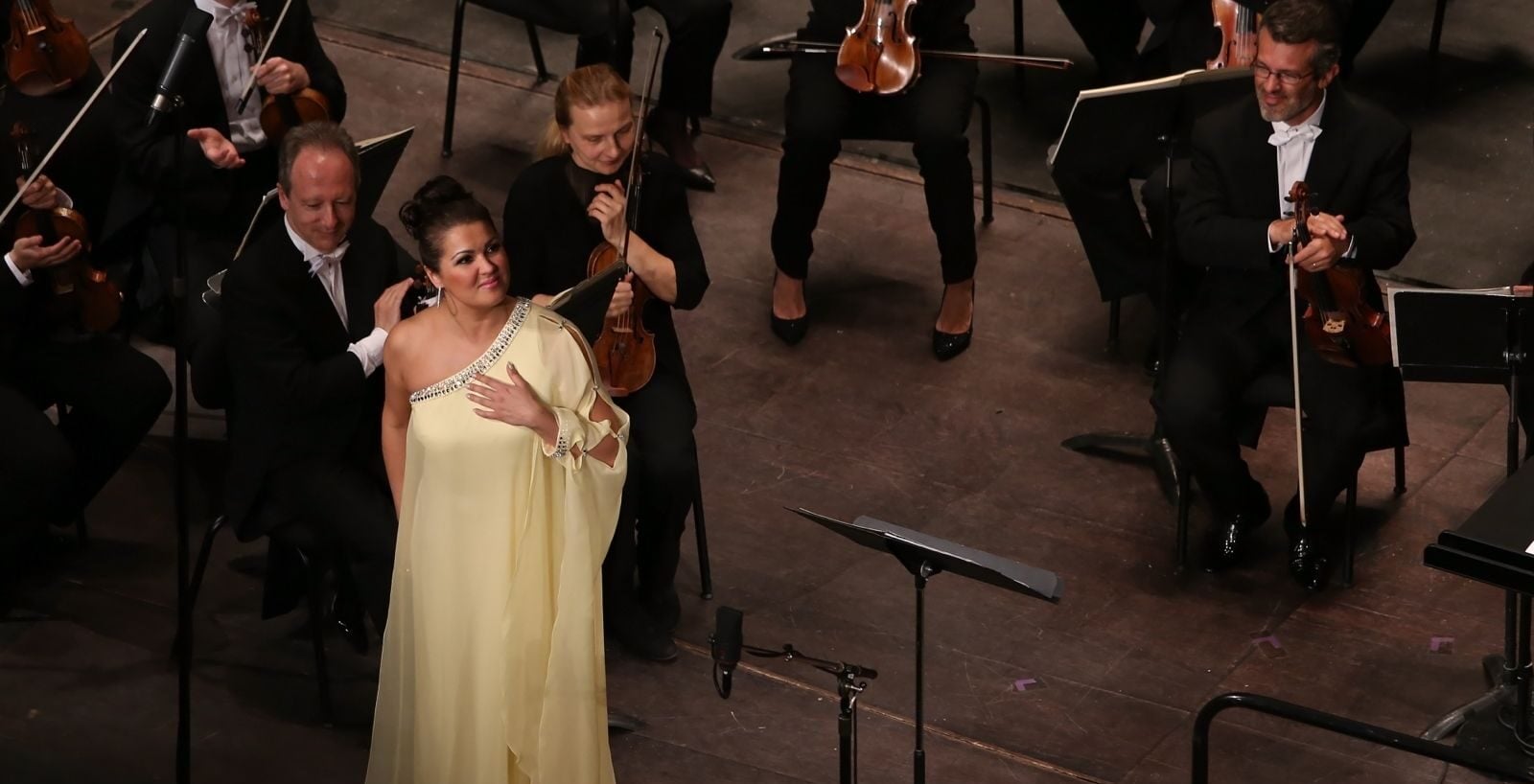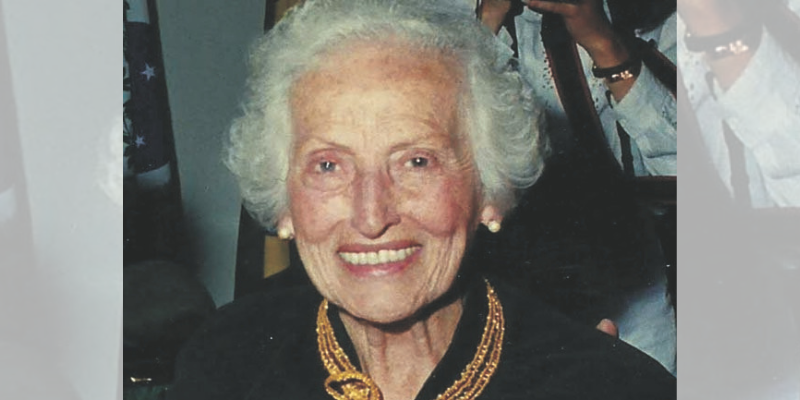

by Vitório Sorotiuk, a UWC board member and former head of the Ukrainian-Brazilian Central Representation
Source: Sorotiuk on Facebook
Today, Oct. 12, marks the birthday of Helena Kolody, a Brazilian poet of Ukrainian descent who dedicated much of her work to exploring her ethnic roots.
In her autobiographical essay in the collection Symphony of Life, Kolody reflects on her upbringing and how the poetry of Ukrainian bard Taras Shevchenko first inspired her:
“I was born on Oct. 12, 1912, in the colonial settlement of Cruz Machado, in the heart of Paraná’s countryside. It was eight o’clock in the morning on a sunny, frosty day.
My parents were Ukrainians who met and married in Paraná. I was their firstborn and the first Brazilian in our family.
My father, Mykhailo Kolody, was born in Eastern Galicia in 1881. After losing his father during the great cholera epidemic in Ukraine in 1893, Mykhailo emigrated to Brazil the following year with his mother and brothers.
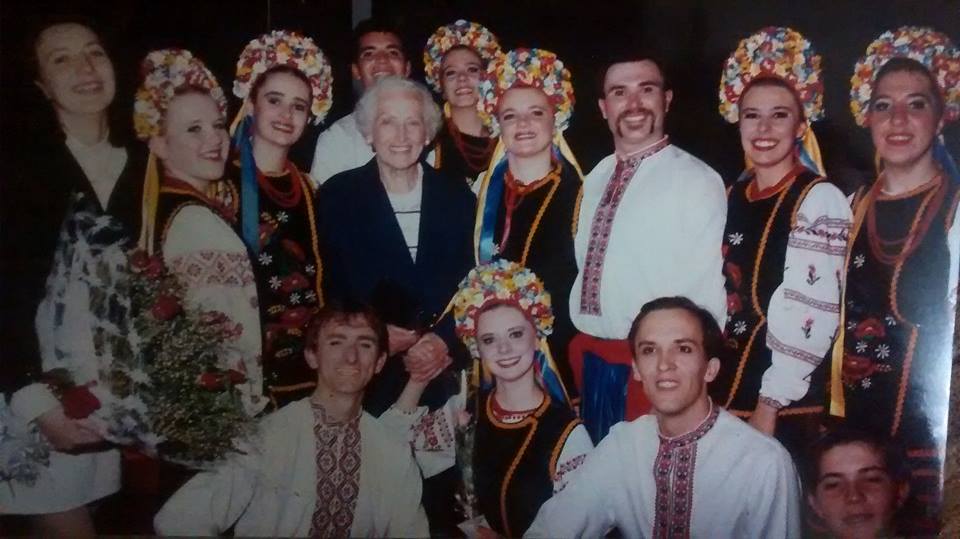 My mother, Victoria Shandrovska, was also born in Eastern Galicia in 1892 and arrived in Brazil in 1911.
My mother, Victoria Shandrovska, was also born in Eastern Galicia in 1892 and arrived in Brazil in 1911.
My grandfather settled in Cruz Machado, where my father worked. Mr. Mykhailo met the young Victoria and fell in love with her. They married in January 1912.
Thus was written the first chapter of my story.”
Kolody recalled her bilingual childhood: “I spoke Portuguese with my brothers and Ukrainian with my mother. Even today, I remember entire poems by Taras Shevchenko that my mother would recite aloud in the evenings by the light of a kerosene lamp.”
Helena Kolody was not only a poet but also a translator and the author of nearly twenty poetry collections. She became the first woman in Brazil to write Japanese haiku poems with profound meaning. Throughout her life, she maintained a strong connection to her roots, weaving Ukrainian history, culture, and the pursuit of freedom into her work.
Although most of her poetry was written in Portuguese, she also translated Ukrainian authors, including Taras Shevchenko, and promoted Ukrainian literature in Brazil. Her poetry bridged two worlds, Ukrainian and Brazilian, symbolizing the spiritual connection between them. Kolody also encouraged young people to preserve their cultural traditions, and her poems continue to stand as a testament to that enduring love.
Переглянути цей допис в Instagram



